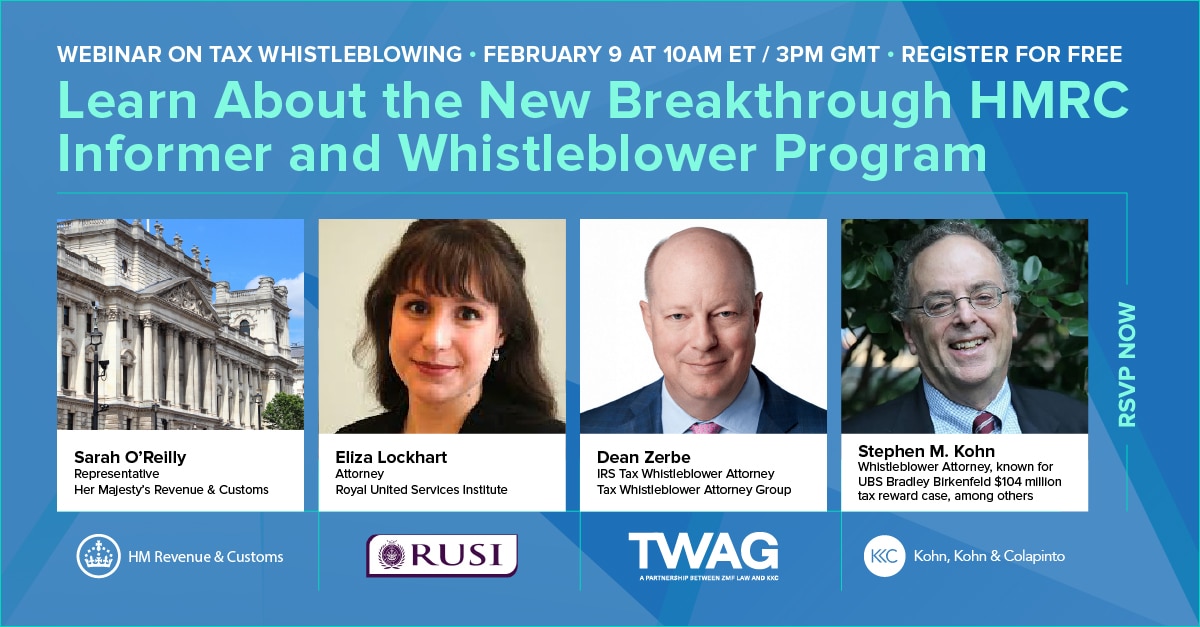Supreme Court Appears to Support Position that Fraudulent Intent is Relevant to False Claims Act Cases

On April 18, the U.S. Supreme Court heard oral arguments in the case combining two Seventh Circuit Court of Appeals cases: U.S. ex rel. Schutte v. SuperValu, Inc. and U.S. ex rel. Thomas Proctor v. Safeway, Inc. According to whistleblower advocates, the case has tremendous implications for the government’s ability to use the False Claims Act (FCA) to hold fraudsters accountable.
In the case, the Supreme Court is considering whether a company “knowingly” submitted false claims if it acted based upon a reasonable, though incorrect, interpretation of the law. Based on their questioning, a majority of the justices appeared to support the position that evidence of individuals having fraudulent intent is relevant in a FCA case.
“The justices appeared to understand that people who knowingly commit fraud should be held accountable,” said leading whistleblower attorney Stephen M. Kohn of Kohn, Kohn & Colapinto. “The legal mumbo jumbo of the corporate bar went over like a lead balloon.”
On behalf of the National Whistleblower Center, Kohn, Kohn & Colapinto filed an amicus curiae brief in the case. Referencing historical materials pulled from the National Archive, the brief argues that the Congressional intent behind the False Claims Act was to hold fraudsters liable based on the subjective intent to commit fraud, regardless of statutory or contractual ambiguity.
According to KKC’s brief, “a review of the contracts and vouchers paid by the U.S. Congress when drafting the False Claims Act demonstrates, incontrovertibly, that liability for defrauding the government was meant to be based on subjective bad faith regardless of any ambiguities that existed in a statute, regulation, contract, or agreement.”
“The U.S. Court of Appeals for the Seventh Circuit incorrectly interpreted the False Claims Act’s scienter requirement,” the brief continues. “If the Seventh Circuit majority’s interpretation of the role of subjective intent in demonstrating that a contractor acted ‘knowingly’ is affirmed, the plain meaning and original intent of the False Claims Act will be completely undermined and whistleblowers, who have driven the success of the False Claims Act, will be discouraged from taking the great risks they face when reporting fraud.”
Latest News & Insights
January 27, 2026





